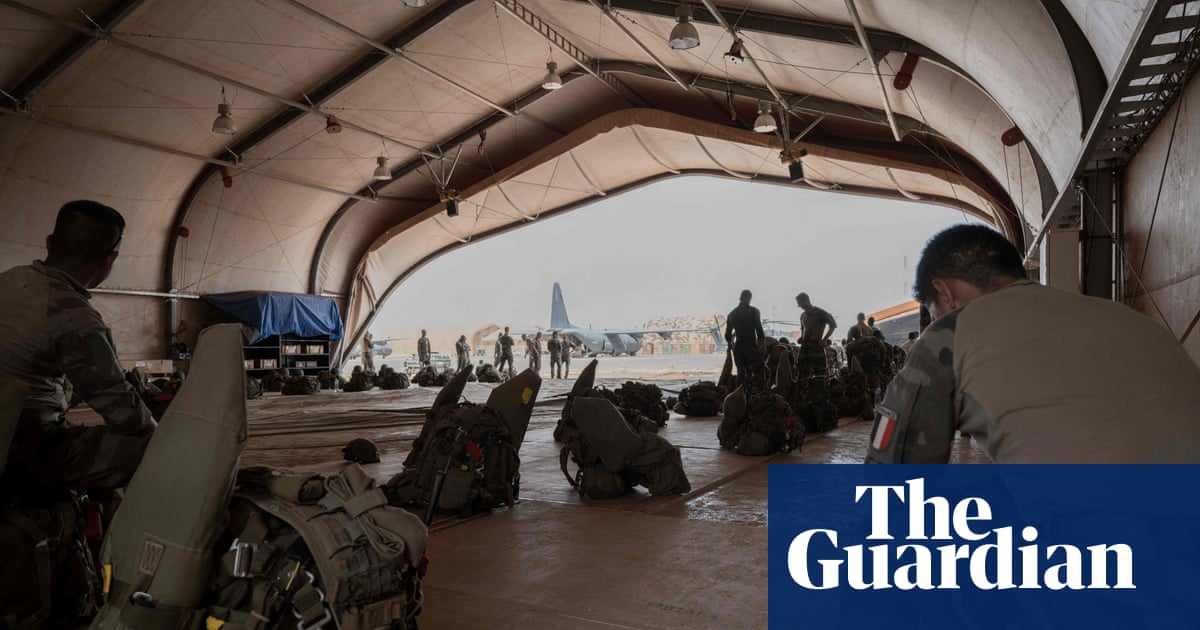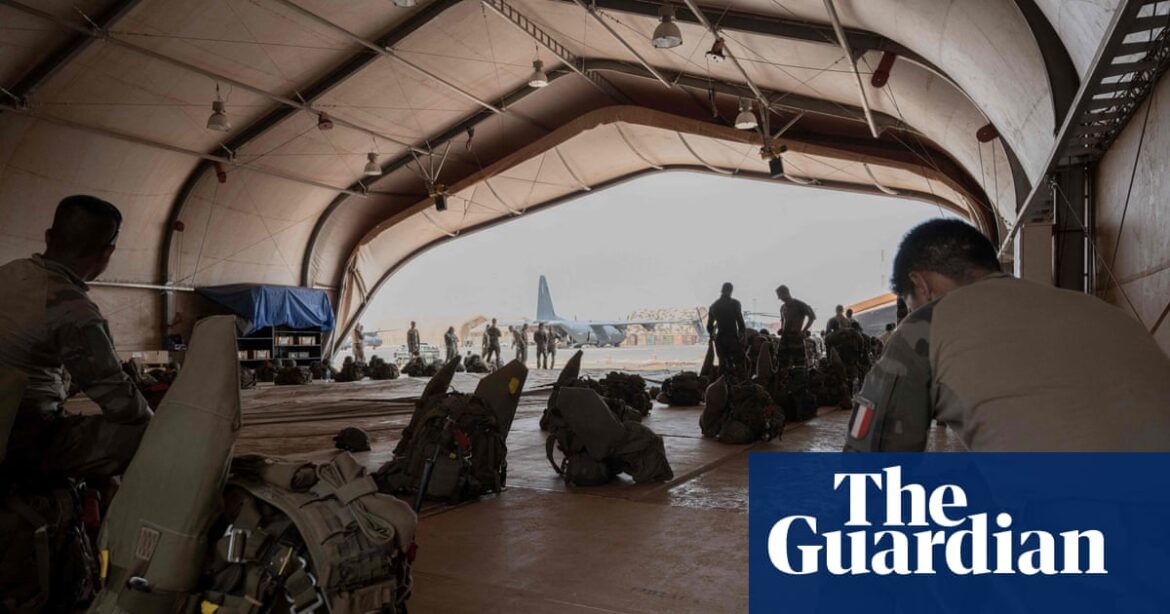
American leaders are urgently responding to the decision made by the military junta in Niger to terminate a shared security agreement, which could potentially result in the removal of US troops and raise concerns about a decrease in important political sway to Russia in the western region of Africa.
Niger has declared that it will revoke the pact with Washington, which has been in effect since 2012 and was aimed at combating jihadist groups in the region. This is a setback for the US counter-terrorism strategy in the area. Currently, there are approximately 1,000 US military and civilian members stationed in Niger.
In December of last year, the junta removed French troops after a coup in July 2023 overthrew President Mohamed Bazoum, who had been democratically elected.
The termination of the American agreement could result in the shutdown of US Air Base 201, a $110 million establishment constructed in the northern part of the nation in 2018 for the purpose of using drones to surveil the Islamic State and other affiliated militant groups in the Sahel, a dry region in the southern Sahara desert that spans from the Atlantic Ocean to the Red Sea.
Washington is concerned that if it loses its military bases in Niger, the country could end up falling under Russian control like its neighboring countries Burkina Faso and Mali. The Wagner group, a private military company with ties to the Kremlin and previously led by Yevgeny Prigozhin, has already established a presence in these nearby countries, as well as in various other African nations.
Following the coup in Niger last July, Prigozhin released a statement expressing support for the new military government and presenting Wagner’s assistance. The United States also reached out to the junta earlier this year through a tense meeting with officials from the state department and Pentagon. Their aim was to maintain cooperation with the nation after the coup and avoid it being swayed by Russian and Iranian influence.
However, during an address on national television on March 15, Colonel Amadou Abdramane, the spokesperson for the junta, stated that the presence of the US in Niger was considered “illegal”. He also specifically criticized the visit of Molly Phee, the assistant secretary of state for African affairs, as being counterproductive.
“The Nigerien government strongly condemns the patronizing attitude and threat of retribution expressed by the leader of the American delegation towards our government and people,” stated Abdramane.
The accusations from US officials suggested that Niger had been engaging in talks to grant Iran access to its uranium reserves, which could ultimately aid in expanding Tehran’s nuclear program. The ensuing comments were likely a result of this claim.
The President of Niger, Abdramane, stated that his government denies the false accusations made by the leader of the American delegation regarding a secret uranium deal with Iran. He also announced the immediate termination of the security pact.
American authorities have alleged to have discovered a possible willingness by Niger’s government to compromise, indicating that the military leaders’ strict viewpoint may not be completely closed off to discussion.
Chairman of the US Joint Chiefs of Staff, Gen Charles Q Brown, expressed that Nigerien authorities gave conflicting indications after the recent announcement. Speaking to reporters at Ramstein air base in Germany, he stated, “We will continue to make plans and get ready – whether we decide to remain or leave.”
Vedant Patel, a spokesperson for the state department, also alluded to the possibility of creating change through ongoing diplomatic discussions.
“We are maintaining communication with the CNSP [Niger’s ruling military council] and seeking further clarification of their statements, while also considering potential actions moving forward,” he stated during a press conference.
Our embassy remains engaged in ongoing discussions, with our ambassador and team still present. We are committed to dialogue and communication with them.
Expressing concerns among Americans about increasing Russian and Iranian control, the leader of the junta, Ali Mahamane Lamine Zeine, traveled to Moscow in December and held talks about military and economic connections. He then visited Tehran in January to meet with Iran’s president, Ebrahim Raisi.
The US military operates the largest drone base in Africa, known as Air Base 201. It is the sole facility in that region that operates drones equipped for intelligence gathering, reconnaissance, surveillance, and attack missions. This base has reportedly been utilized to launch lethal attacks against Islamic State militants in Libya in the year 2019.
According to a representative from the Pentagon, the establishment has not been utilized for counter-terrorism efforts since the coup that occurred last year.
Michael Langley, General of the United States Africa Command, stated at a Senate hearing this month that the US must maintain a military presence in the region to combat Russian aggression.
“The speaker expressed concern that several countries may soon fall under the control of the Russian Federation as it spreads misinformation within Libya. Additionally, they noted that the Russian Federation is aggressively attempting to expand its influence in Central Africa and the Sahel region.”
Source: theguardian.com



